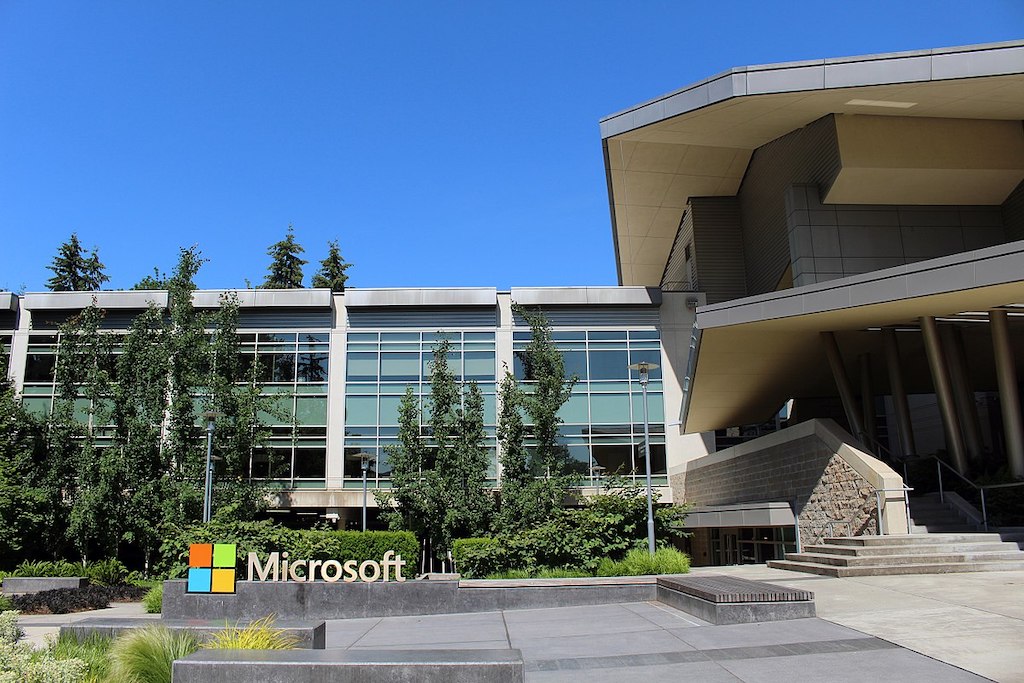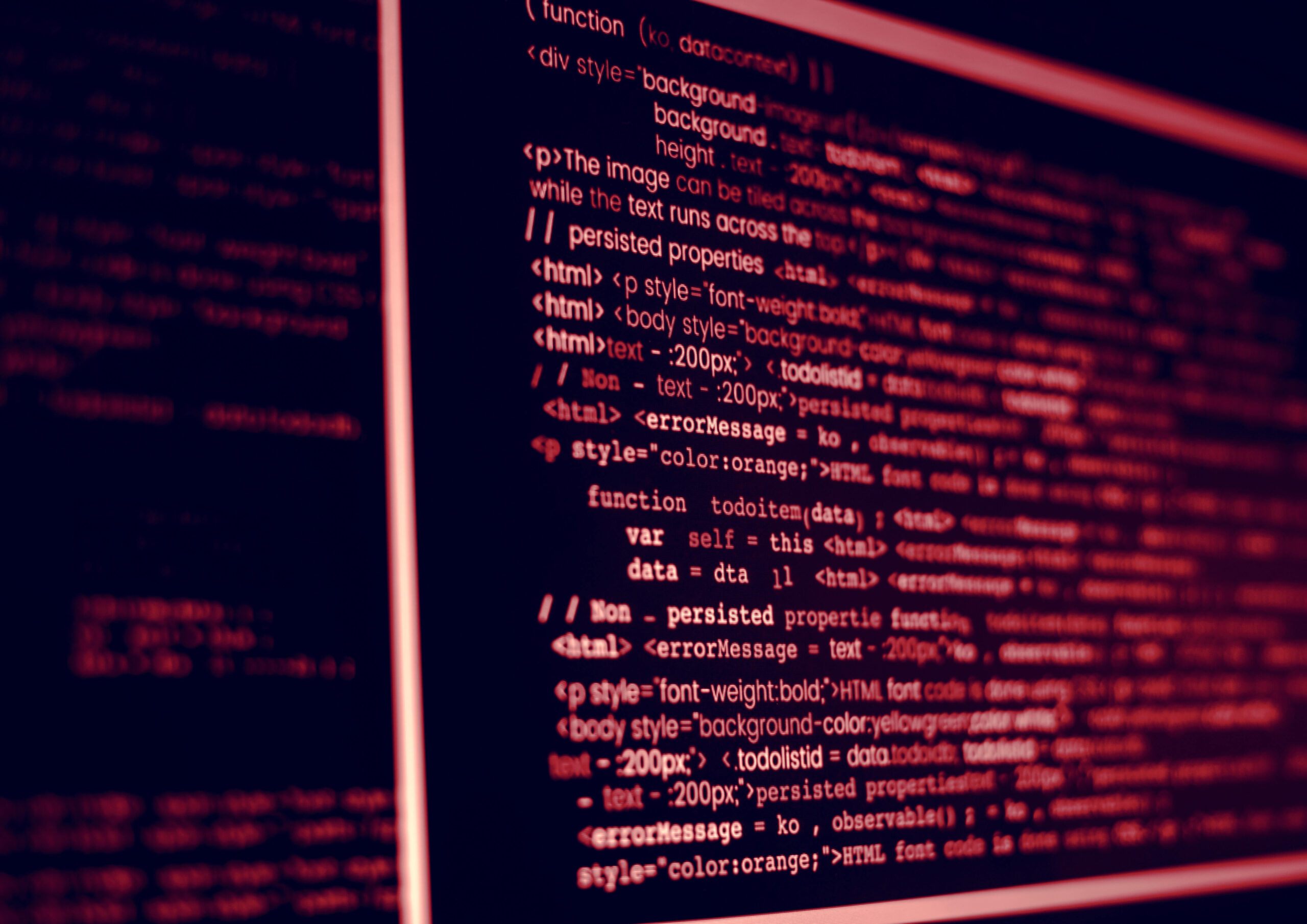Former GTMO/CIA detainees, civilian criminal prosecution, and evidentiary complications - insights from the ongoing Ghailani prosecution
The prosecution of Ahmed Ghailani, charged in connection with the East African embassy bombings of 1998, continues to churn up important and interesting legal issues with implications for other potential prosecutions of Guantanamo detainees.
In a 36-page, partially-redacted opinion that recently became available to the public, Judge Kaplan of the United States District Court for the Southern District of New York addressed a motion by Ghailani to suppress testimony from an anticipated government witness (full disclosu
The prosecution of Ahmed Ghailani, charged in connection with the East African embassy bombings of 1998, continues to churn up important and interesting legal issues with implications for other potential prosecutions of Guantanamo detainees.
In a 36-page, partially-redacted opinion that recently became available to the public, Judge Kaplan of the United States District Court for the Southern District of New York addressed a motion by Ghailani to suppress testimony from an anticipated government witness (full disclosure: I once clerked for Judge Kaplan). It's a bit difficult to discern the story because of extensive redactions in the opinion, but the long and short of it seems to be that Ghailani at some point in CIA or military custody had identified a particular individual whom the government might now wish to call as a witness against Ghailani. Ghailani argues that the government should be barred from doing so on the ground that it would not have learned of this person but for an interrogation that was coercive and conducted without legal counsel.
The government responded first that it would inevitably have discovered this individual in any event. Judge Kaplan concluded that the government did not make the case that it would have. (p.22)
The government responded next that the exclusionary rule ought not to be applied in this setting (interrogation for purposes of obtaining national security-related intelligence), as this is beyond the “core application” of the exclusionary rule. Judge Kaplan concluded, however, that the “rationale of the core application doctrine does not apply to this motion as it does in search and seizure cases.” (p.26)
Finally, the government responded that in any event that the relationship between the interrogation of Ghailani and the proposed witness testimony in question is too attenuated to warrant exclusion on taint grounds. Judge Kaplan agreed that attenuation analysis can be applied in this setting, and reviewed the various factors pertinent to that analysis:
In a 36-page, partially-redacted opinion that recently became available to the public, Judge Kaplan of the United States District Court for the Southern District of New York addressed a motion by Ghailani to suppress testimony from an anticipated government witness (full disclosure: I once clerked for Judge Kaplan). It's a bit difficult to discern the story because of extensive redactions in the opinion, but the long and short of it seems to be that Ghailani at some point in CIA or military custody had identified a particular individual whom the government might now wish to call as a witness against Ghailani. Ghailani argues that the government should be barred from doing so on the ground that it would not have learned of this person but for an interrogation that was coercive and conducted without legal counsel.
The government responded first that it would inevitably have discovered this individual in any event. Judge Kaplan concluded that the government did not make the case that it would have. (p.22)
The government responded next that the exclusionary rule ought not to be applied in this setting (interrogation for purposes of obtaining national security-related intelligence), as this is beyond the “core application” of the exclusionary rule. Judge Kaplan concluded, however, that the “rationale of the core application doctrine does not apply to this motion as it does in search and seizure cases.” (p.26)
Finally, the government responded that in any event that the relationship between the interrogation of Ghailani and the proposed witness testimony in question is too attenuated to warrant exclusion on taint grounds. Judge Kaplan agreed that attenuation analysis can be applied in this setting, and reviewed the various factors pertinent to that analysis:
(1) Willingness of the witness to testify voluntarily: Judge Kaplan describes the evidence on this point as mixed (2) Extent to which witness cooperation was induced by use of illegally-obtained evidence: mostly redacted, but apparently unresolved (3) Proximity of the coercion, the witness’s decision to cooperate, and trial: again, mostly redacted, but apparently unresolved (4) Government motivation for interrogation: partially redacted, but it is clear that the court found this factor to favor the government.The opinion concludes by calling for an evidentiary hearing to resolve the uncertainty regarding factors 1-3, and scheduling that hearing for 9/14/10. It is not clear how damaging to the government's case it would be should the judge ultimately suppress this person's testimony. At a minimum, however, Judge Kaplan's opinion sheds much light on the nature of the analysis judges will use when dealing with evidence that may derive indirectly from interrogations, and hence the extent to which the government can build "clean" cases for use in civilian criminal prosecution of GTMO detainees.
Robert (Bobby) Chesney is the Dean of the University of Texas School of Law, where he also holds the James A. Baker III Chair in the Rule of Law and World Affairs at UT. He is known internationally for his scholarship relating both to cybersecurity and national security. He is a co-founder of Lawfare, the nation’s leading online source for analysis of national security legal issues, and he co-hosts the popular show The National Security Law Podcast.





